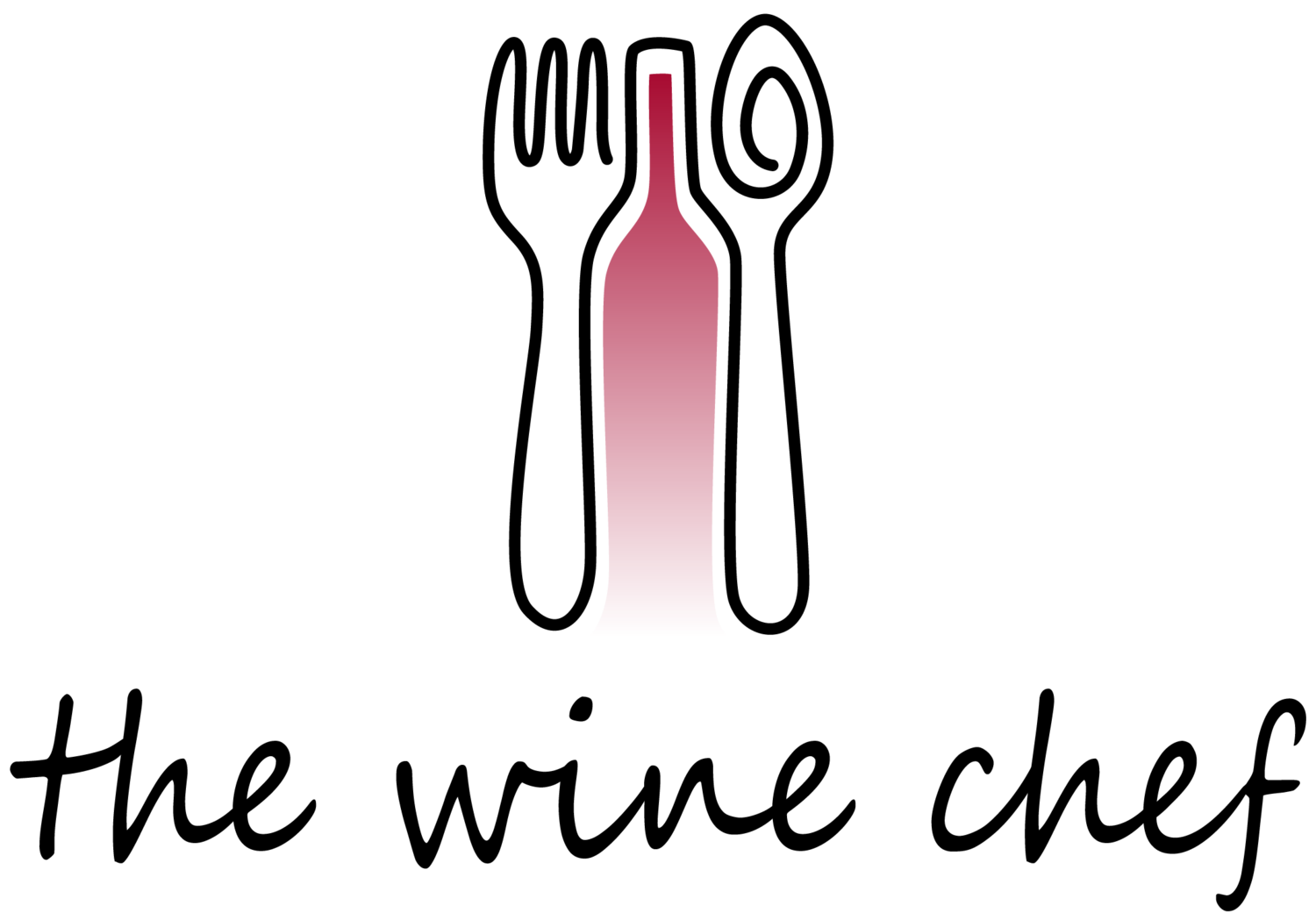As Passover Begins, A Look at Three Kosher Wines Worth Savoring
/Every spring, Jews around the world celebrate the eight-day Passover holiday. This year’s festivities begin at sundown today, April 12th, with the highlight being the Seder, a traditional meal held during the first two nights.
During the Seder dinner, readings from the Haggadah, a Jewish prayer book, retell the story of the Israelites’ escape from Egypt after 400 years of slavery. Passover is a joyful time for friends and family to come together and feast.
Wine plays a central role in the Seder, with four cups of kosher wine to be consumed, symbolizing the four phrases of God's promise to deliver the Israelites from bondage: "I will bring out," "I will deliver," "I will redeem," and "I will take." These promises are linked to each cup, representing different stages of the redemption process.
Kosher Wine, Uncorked
There are plenty of myths about kosher wine, but the truth is simple: it can be just as good—or as bad—as any non-kosher wine. Kosher certification doesn’t mean lower quality. It means the wine was produced under the supervision of Sabbath-observant Jews and free from non-kosher additives.
In the past couple of decades, the quality of kosher wine has dramatically improved, thanks to investment in modern winemaking technology, better vineyard management, and a growing global demand for high-quality options.
Kosher wines come from all over the world—California, France, Spain, Italy, New Zealand—and, of course, Israel. They’re not limited to red or white either. You’ll find sparkling, rosé, and more adventurous styles made from grapes like Albariño, Carignan, Marselan, and Mourvèdre.
Spotlight: Golan Heights Winery
Located in northern Israel's cool-climate Golan Heights region, Golan Heights Winery is one of the country's most respected producers. Founded in 1983, the winery has helped bring Israeli wine to the global market, combining modern winemaking with a sense of place. Their wines are known for consistency, structure, and balance.
Below are three Golan Heights wines I tasted recently, sent to me as samples. All are kosher for Passover, though they are not Mevushal (not flash-pasteurized).
Yarden Galilee Chardonnay 2023 (SRP $27.99)
Clean and bright, with notes of ripe pear, lemon curd, and a subtle touch of vanilla from oak aging. The texture is creamy but not heavy, balanced by fresh acidity. A great match for roast chicken or a spring vegetable risotto.
Gilgal Galilee Red Blend 2022 ($19.99)
This blend of 78% Cabernet Sauvignon, 15% Merlot, 5% Petit Verdot, and 2% Malbec is fruit-forward and vibrant, with juicy notes of raspberry, plum, and a touch of spice. The brightness is backed by strong, grippy tannins that give the wine structure and edge. It’s approachable but with enough bite to stand up to heartier dishes like brisket or mushroom stew.
Yarden Galilee Cabernet Sauvignon 2021 (SRP $49.99)
Classic and structured, this Cabernet delivers blackcurrant, dark cherry, and hints of cedar and tobacco. Full-bodied with firm yet silky tannins and a long, dry finish. Drink it now with a lamb roast or tuck it away for a few more years of aging. Rated 91 Points by Wine Spectator.



























